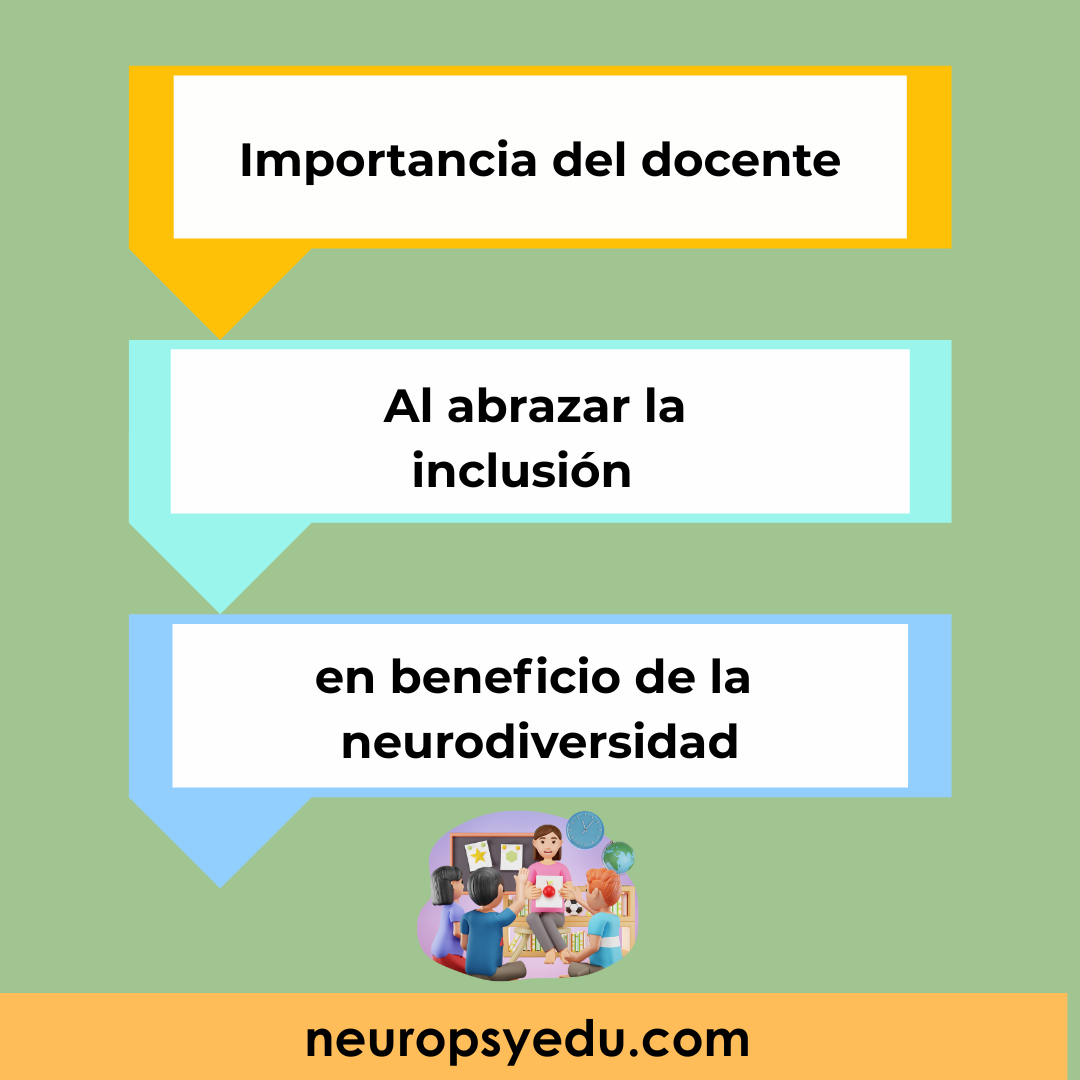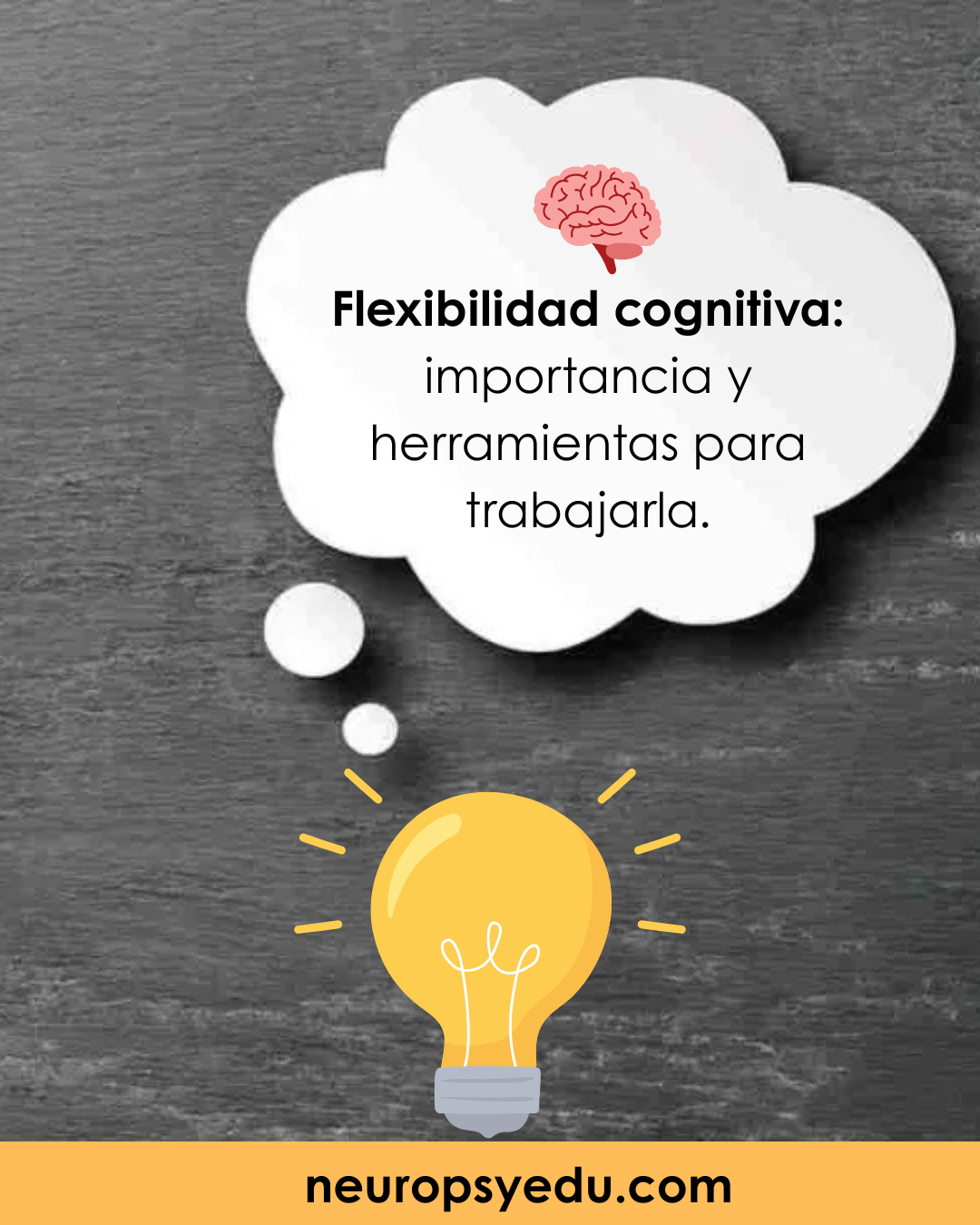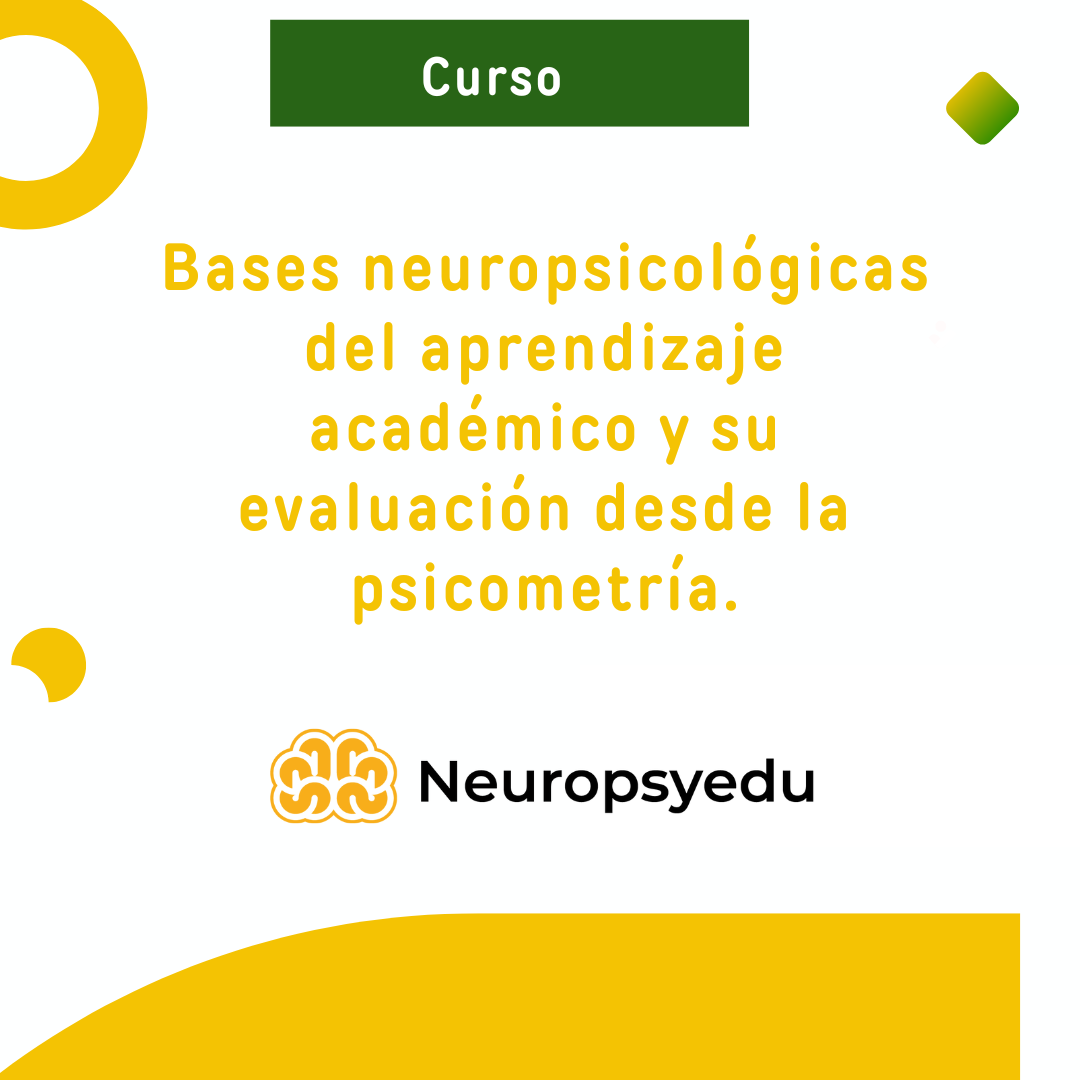Autism Spectrum Evaluation, Diagnosis and Treatment in Panama
Autism Spectrum Evaluation, Diagnosis and Treatment in Panama
Authors: Mario Pimentel¹ and Melissa Kuzman²
Autism Spectrum Disorder (ASD) is one of the most common neurodevelopmental disorders. It has a neurobiological basis, and affects patients behaviors, their ability to interact with others, and communicate. Individuals diagnosed with ASD can present stereotypic, restrictive, repetitive behaviors and interests. Scientific authors Bargiela et al. (2016) coined the term Autism Spectrum Conditions (ASC) to replace the name ASD to accommodate for the neurodiversity and individualism that different cases possess. In ASC all cases are different; patients present different strengths and weaknesses that need to be rehabilitated to encourage adaptation to different scenarios and contexts that they participate in.
The severity of the symptoms varies from case to case; for this we recommend parents to request an evaluation, so that a diagnosis can be confirmed or denied. Evaluations take into the account the variety of symptoms present in the disorder as well as the neurodiversity and individualism of the patient.
In this article we will touch base on the importance of the role of neuropsychology in the diagnosis and treatment of ASD. Because ASD is a complex diagnosis, rehabilitation will require the support of other health professionals such as Occupational Therapists, Speech Language Pathologists, Behavior Analysts, etc. This multidisciplinary support is the recommended form of treatment because it increases the likelihood of succeeding and improving the patients day to day life.
For the diagnosis of ASD two instruments are highlighted: ADOS-2 (Autism Diagnostic Observation Schedule) and ADI-R (Autism Diagnostic Interview Revised). Both of these tests are used to affirm or deny an ASD diagnosis because of their high levels of effectivity, validity and sensitivity (Lebersfield et al., 2020; Thabtah y Peebles, 2019). For the proper diagnosis and treatment it is important to rely on the first interview, observation of the subject, functional abilities, the evaluation of cognitive factors, and prior experience. Also, it is important to rely on other specialists to make precise and objective conclusions.
In the next paragraphs the purpose and importance of the recommended assessments will be shared.
ADOS-2 (Autism Diagnostic Observation Schedule): Semi-structured, standardized assessment instrument that includes play-based activities that are designed to obtain information in communication, social interactions, restrictive and repetitive behaviors that are associated with the diagnosis of ASD. The ADOS-2 can be applied starting from 12 months old to adults (Lord et al., 2015).
ADI-R (Autism Diagnostic Interview, Revised): A comprehensive interview that provides a thorough assessment of individuals suspected to have ASD. It is highly useful for formal diagnosis, treatment and educational planning. The test is administered by the clinician to parents or caretakers and consists of 93 questions regarding language/communication, social interaction, behavior and restrictive, repetitive, stereotyped interests. The ADI-R can be applied from 2 years olds (Rutter et al., 2011).
ABAS-II (Adaptive Behavior Assessment System, Second Edition): Assessment for adaptive skills of an individual. Clinicians use this assessment to diagnose and classify disabilities and disorders by identifying a subject's strengths and limitations and their performance over time. It evaluates the subject's function in different environments, and it is essential when evaluating individuals experiencing difficulty with adaptive skills (Harrison & Oakland, 2012).
Intelligence Scales: Allow us to understand the subject’s level of cognitive functioning. It considers verbal, non verbal, and perceptive areas while also assessing working memory and processing speed. These types of assessments can help us predict future academic success taking into account individual strengths and weaknesses.
Neuropsychological Development (CUMANIN y CUMANES): Refers to maturation and organization of the nervous system, so that the person can execute environmental demands in an adaptive and functional way.
NEPSY-II (Complete Neuropsychological Evaluation): Consists of 32 subtests that can be applied all together or separate depending on the cognitive domains we are interested in. The appropriate age range includes children from 3 to 11 years old. Some of the cognitive domains assessed are: Attention, Executive Functions, Language, Memory and Learning, Motor Abilities, Social Perception, and Visual Processing.
SCQ (Social Communication Questionnaire):
40-question questionnaire that evaluates communication skills and social functioning in children who may have ASD. It is completed by the parents or guardians. It provides two application modalities. Form A or
Lifetime form that evaluates the child’s entire developmental history. Form B or
Current
which evaluates the child’s behavior over the last 3-months. It is applied to anyone over the age of 4.
BRIEF-2 (Behavior Rating Inventory of Executive Function 2nd Edition): Executive functions are the cognitive capacities that control, regulate and plan behavior and other cognitive processes. This test collects complimentary information from executive functions that other tests are not able to do. It considers rating from parents and teachers in behavior and emotion. It can be applied to anyone over the age of 5.
After the evaluation process, the neuropsychologists can decide to refer the patient to a speech language pathologist, behavior analyst, occupational therapist, or educational services depending on the results. In the area of behavior, Applied Behavior Analysis (ABA) is a method in which principles of learning are applied to increase, maintain or decrease the appearance of a behavior (Mulas et al., 2010). For this, it is of utmost importance to evaluate the individuals’ behavior during the evaluation process and ask ourselves questions like is the individual able to maintain eye contact?, are they able to vocalize sounds? Initiate conversations? Are restrictive and repetitive behaviors present? All these questions can help us determine the best course of behavioral treatment.
In Panama, there are diverse governmental organizations that provide support and orientation to families that want to increase their knowledge on Autism. Some of these are:
Fundación Soy Capaz:
Organization that promotes independence of young adults diagnosed with ASD. Seeks to help families and raise awareness, so that these young adults can be integrated into society.
Instituto Panameño de Habilitación Especial (IPHE): Offers educational services and multidisciplinary support to families and individuals diagnosed with ASD and other disorders. Since 1976, IPHE has been offering an Autism Program. More information
here.
References
✅
Harrison, P., & Oakland, T. (2012). Adaptive behavior assessment system-II technical report.
✅
Lebersfeld, J. B., Swanson, M., Clesi, C. D., & O’Kelley, S. E. (2021). Systematic review and meta-analysis of the clinical utility of the ADOS-2 and the ADI-R in diagnosing autism spectrum disorders in children. Journal of autism and developmental disorders, 51(11), 4101-4114.
✅
Lord, C., Rutter, M., DiLavore, P. C., Risi, S., Gotham, K. y Bishop, S. L. (2015). ADOS-2. Escala de Observa- cion para el Diagnóstico del Autismo - 2. Manual (Parte I): Módulos 1-4 (T. Luque, adaptadora). Madrid: TEA Ediciones.
✅
Mulas, F., Ros- Cervera, G., Millá, Etchepareborda, M., Abad, L., Montserrat Téllez de Meneses (2010). Modelos de intervención en niños con autismo. Rev. Neurol. (3) 77- 84.
✅
Rutter, M., Le Couteur, A., & Lord, C. (2011). Entrevista para el diagnóstico del autismo - edición revisada (Segunda edición ed.). España: TEA Ediciones.
✅
Thabtah, F., & Peebles, D. (2019). Early autism screening: a comprehensive review. International journal of environmental research and public health, 16(18), 3502.
Mario Pimentel
Psicólogo/Neuropsicólogo Educativo idóneo en Panamá
















